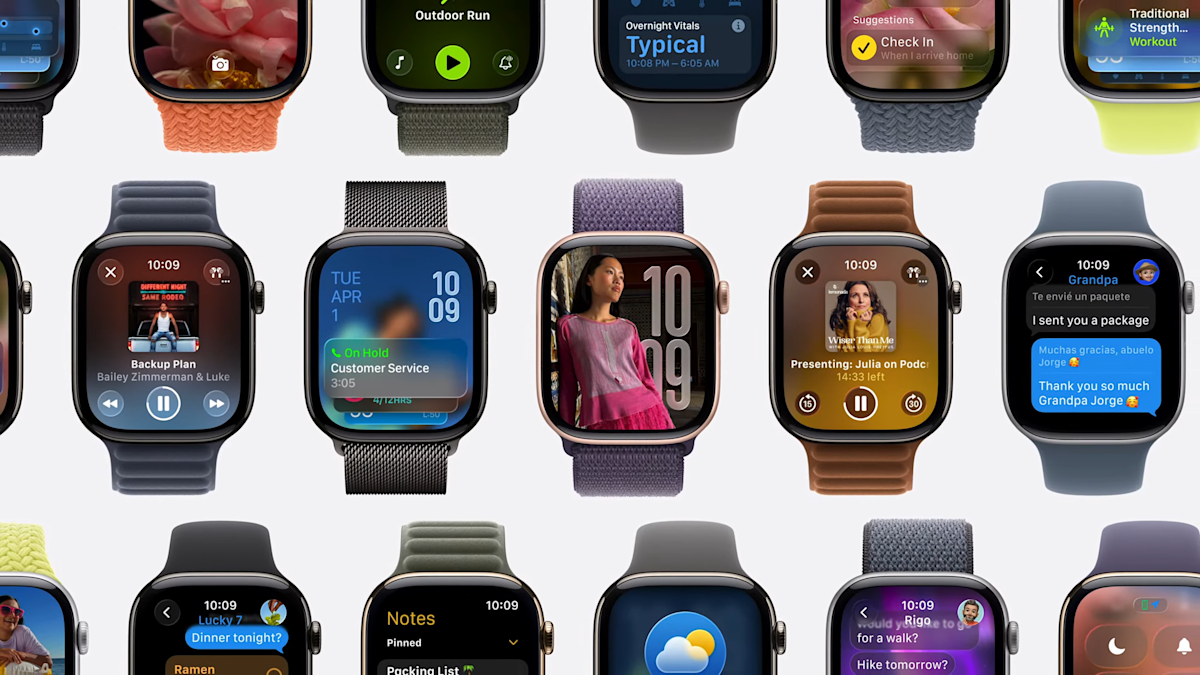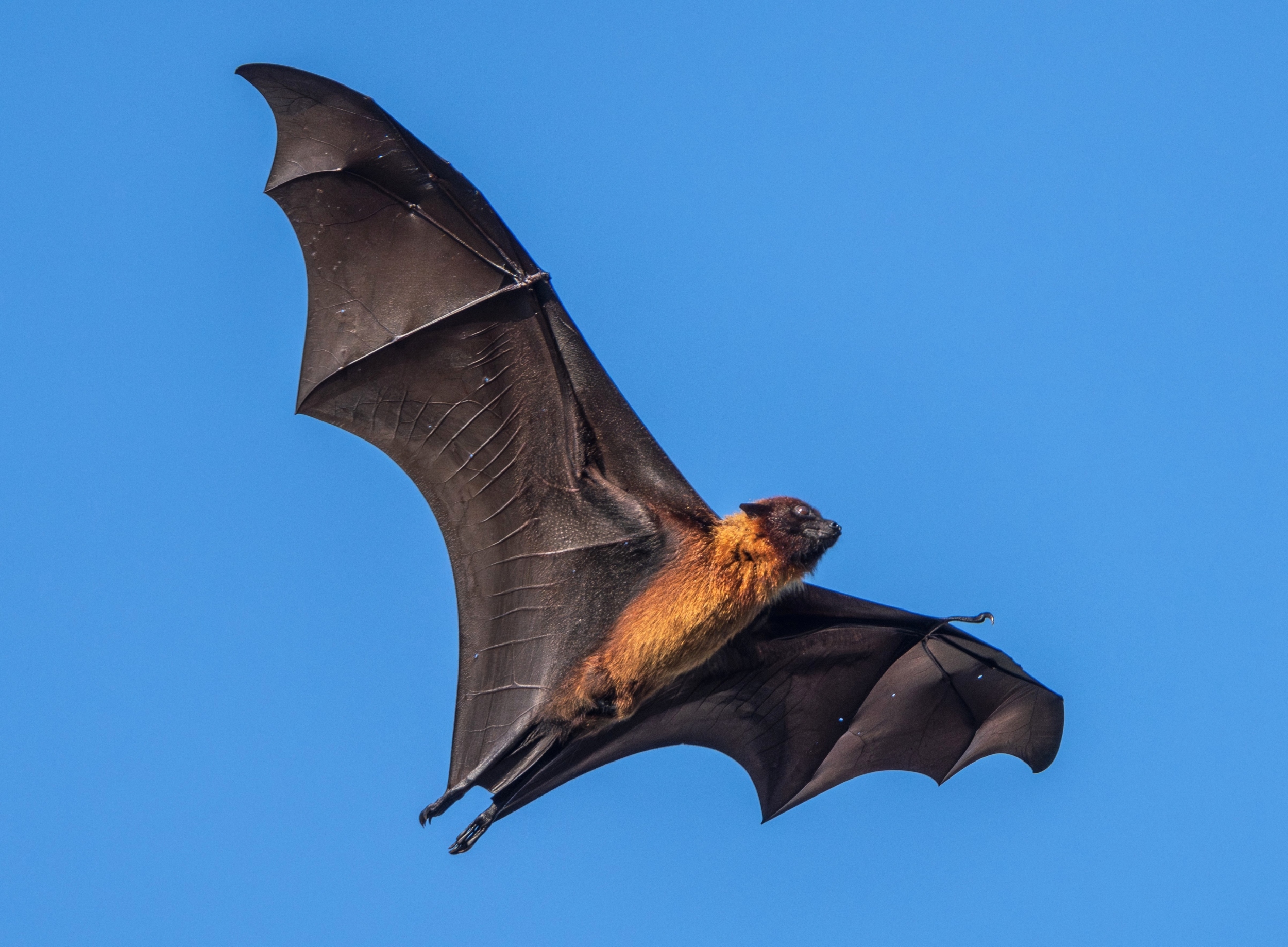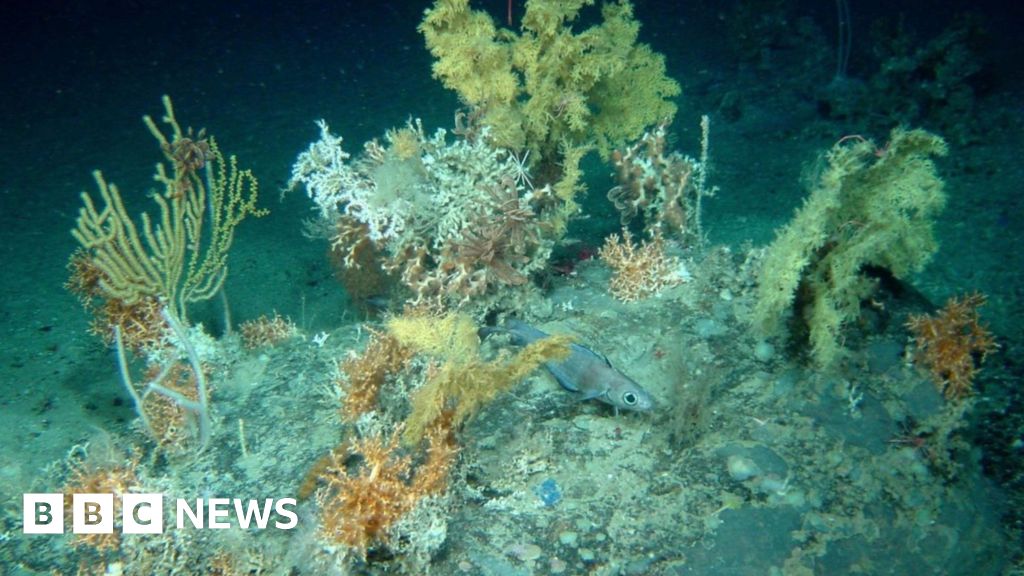Say hello to ionocaloric cooling. It’s a new way to lower temperatures with the potential to replace existing methods of chilling things with a process that is safer and better for the planet.
Typical refrigeration systems transport heat away…
Say hello to ionocaloric cooling. It’s a new way to lower temperatures with the potential to replace existing methods of chilling things with a process that is safer and better for the planet.
Typical refrigeration systems transport heat away…

For the first time, astronomers have seen life’s building blocks in ice beyond the borders of our galaxy.
Among a mix of complex organic molecules trapped in ice circling a newborn star in the Large Magellanic Cloud, researchers found ethanol,…

If you’re moving on to a new Apple Watch, selling your current one or fixing some software hiccups, you’ll probably need to disconnect it from your iPhone. Apple calls this unpairing; it’s the step that wipes your watch, breaks the…

For the first time ever, scientists have tracked the brain activity of mammals navigating in the wild – not in a lab, but out in the open world.
A small group of fruit bats soared across the skies of Latham Island, doing what bats normally do….

Meta is discontinuing its desktop Messenger apps for Windows and Mac. Starting Dec. 15, you’ll need to head to Facebook to continue chatting through the app on your computer.
Once the sundowning process begins, you’ll receive an in-app…

Lions v Ulster (12:45 BST)
Rob Herring captains Ulster
Joe Hopes makes his first Ulster start after being named in the…

Vulnerable deep-sea habitats will be mapped with the help of artificial intelligence (AI) in a study made possible by a £2m investment.
The Deep Vision project – run by Plymouth Marine Laboratory and the University of Plymouth – will study ecosystems such as cold-water coral reefs and sponge fields in the Atlantic.
The aim is to build the largest-ever dataset of these habitats and help shape legal protections.
Leader of the project, Kerry Howell, said: “As the deep-sea becomes more accessible for exploitation, there is an urgent need to map its ecosystems to enable the conservation of biodiversity in this, the last wild frontier on Earth.”
She said AI could quickly and accurately tag thousands of deep-sea images.
The project will be funded by the Bezos Earth Fund as part of its AI for Climate and Nature Grand Challenge.

Our kidneys are one of the most important organs of the body, that performs many key functions! Apart from filtering blood, kidneys also help in fluid elimination, and remove waste. Over time, our kidneys can grow weak, and suffer from impaired…

– Advertisement –
ISLAMABAD, Oct 25 (APP):The Supreme Court of Pakistan has issued a comprehensive update on its ongoing technology driven, citizen centric justice sector reforms under the Judicial leadership of the country, highlighting key…

Meghan Markle has a penchant for losing her shoes—for greater wellbeing reasons.
Markle opened up about her domestic habits at home in Montecito in a taped conversation with her friend Courtney Adamo, as the pair discussed Adamo’s new book The…